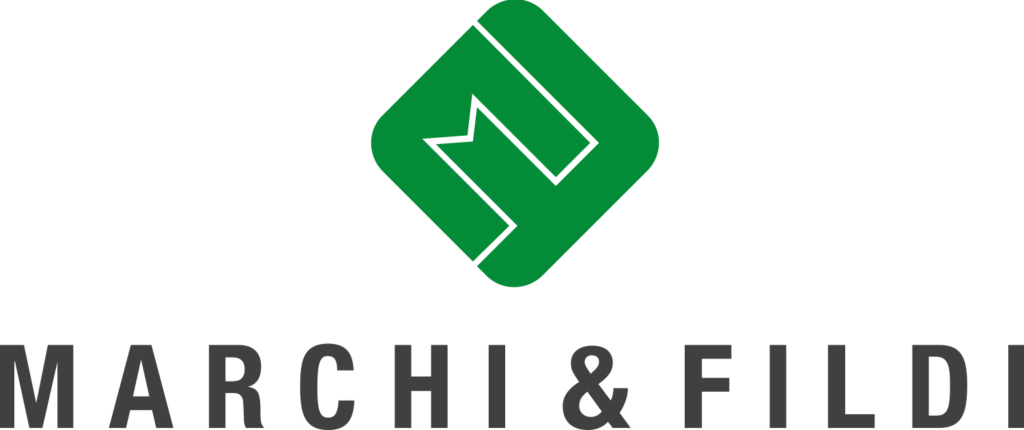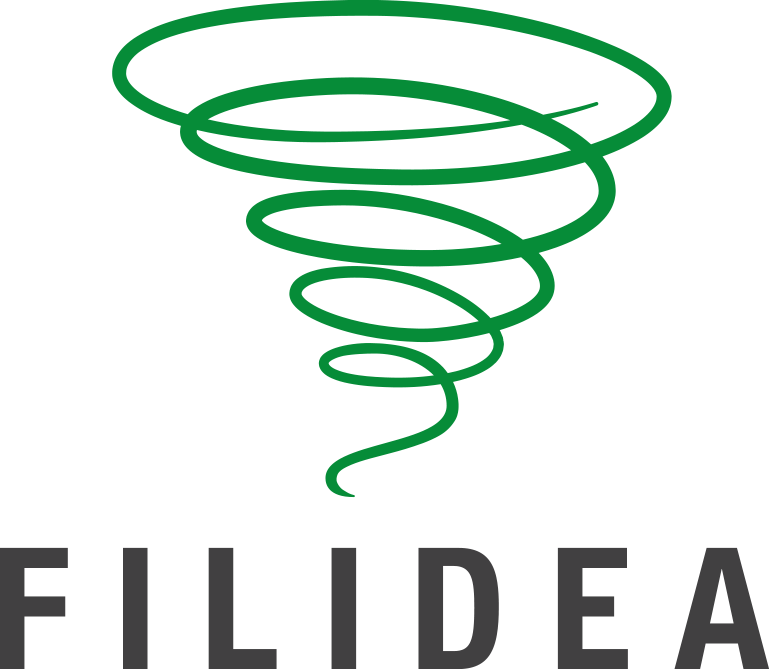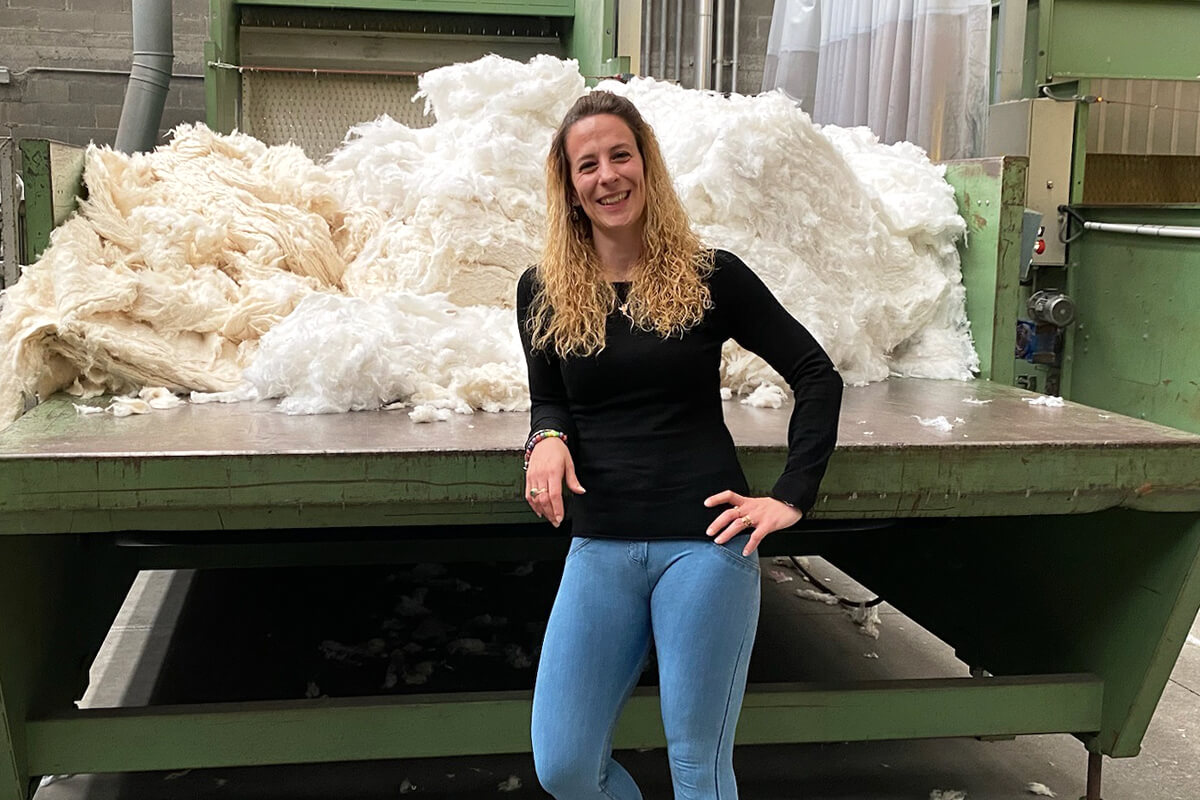Worker safety and the certification of procedures are the cornerstones of our sustainable growth. We go into this in more depth with Miriam Borri Brunetto, Health and Safety Manager at the Marchi & Fildi Group.
Hello, Miriam. What type of training and work experience have enabled you to develop the competence to become Health and Safety Manager?
I did a degree in Economics. In 2012, after my graduation, I started working as a consultant for Health and Safety Manager and I specialised in the analysis of risks inherent in some work activities. I mainly worked in the textile industry. In order to become qualified in H&S, I attended appropriate courses both in terms of occupational health as well as individual procedure certifications, such as ISO 9001 and 14001. In addition, I was mentored by professionals with decades of experience in the sector. In my role, continuous training is an essential element both in view of the obligatory updates, as well as their continuous implementation.
For years I worked as a freelance; supervising the accreditation process for the environmental certification ISO 14001 for Filidea the Group proposed that I join the Company, developing a new role which until then had been entrusted to external consultants, with the objective of improving the focus of the company on these topics.
Talking of Health and Safety Manager, which are the principal commitments and critical issues for a company such as Marchi & Fildi, which deals with a diversified range of procedures in the textile sector?
Certainly the priority is that of improving awareness – at every level of the company and for every individual employee – of the importance connected to the topic of safeguarding occupational health and safety. Training on these topics, which I deliver directly as responsible for H&S, is fit for purpose, aware and precise, focused on the goals, and targeted based on the different roles and environments which exist in a production company such as ours. It is important to underline the attention the Group pays to these topics, also as a result of the recent renewal of the plant and the automation of some processes, with the introduction of new technologies which has led to a notable reduction of risks connected with different jobs.
What certifications does the company have? What are your tasks in this respect? What type of responsibilities do they entail for the organisation of work within the company?
Both of the companies in the Group have ISO 9001:2015 certification, relative to Quality Management. Filidea has ISO 14001, which covers environmental management systems.
In my role as manager of the Integrated Management System, I deal with the drafting of procedures, with the application of the system and relevant monitoring and evaluation of their implementation. Actually, for the company, having an IMS cannot be considered a duty, but the relative procedures are useful to improve the continuous management of procedures, the monitoring of the company’s consumption and the pursuance of targeted goals which the Group undertakes, in agreement with the various managers and directors.
How are procedural certifications important for controlling environmental impact, one of the founding values of the Group?
One of the fundamental aspects of our IMS is represented by the monitoring of our activities also in view of our environmental profile. One of the Group’s fundamental commitments is the protection of the environment surrounding us. Every year, a specialised staff analyse and compare our consumption, setting goals for constant improvements, for example in view of the reduction of water consumption and energy needs. I present such results to the annual audits carried out by accredited third parties with the aim of maintaining our certifications.



![Pop, sostenibile, irresistibile 💋
L’autunno/inverno 25-26 delle collezioni Marchi & Fildi e Filidea è tutto da scoprire. Tra le novità potrai esplorare articoli e titoli nuovi, cartelle colori rinnovate e l’ampliamento dell’offerta in stock service.
Lasciati ispirare dai nostri filati innovativi e, se non ci siamo incontrati durante l’ultima edizione di @pittimmagine Filati, scopri tutti i dettagli delle nuove collezioni nel nostro articolo di approfondimento
[LINK IN BIO]](https://www.marchifildi.com/wp-content/plugins/instagram-feed/img/placeholder.png)